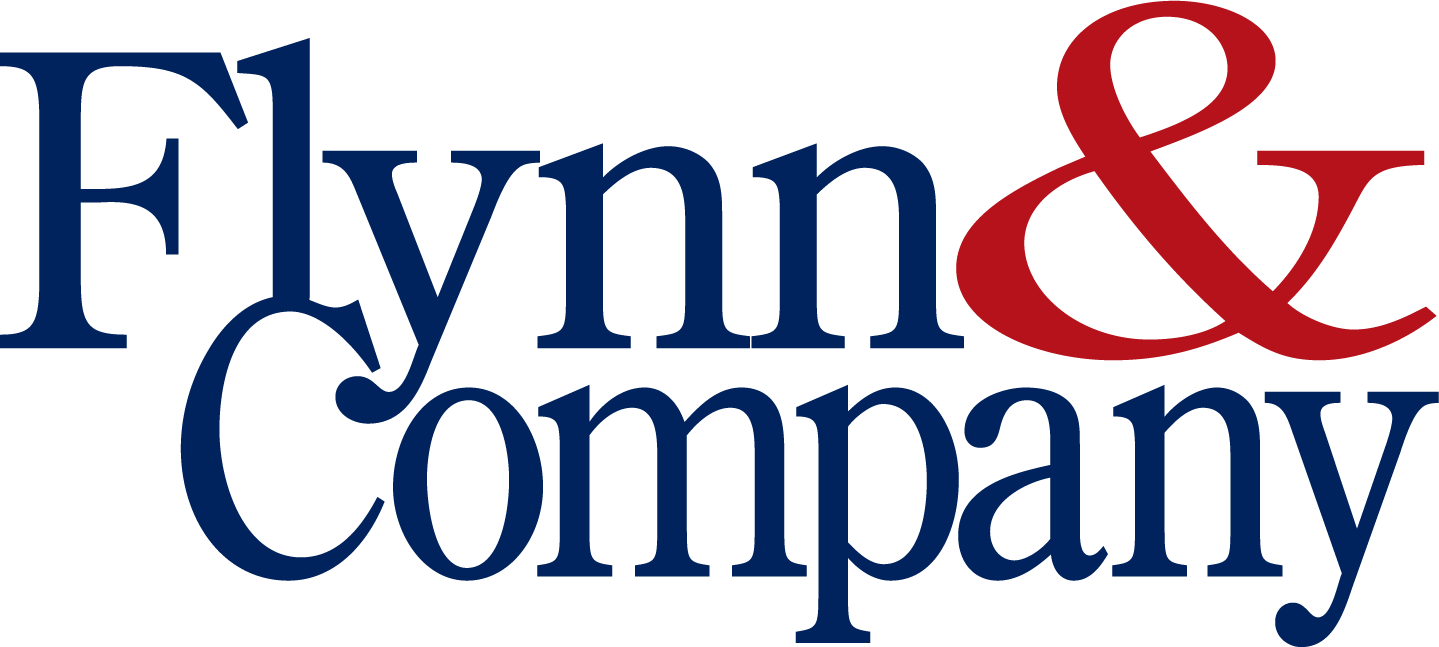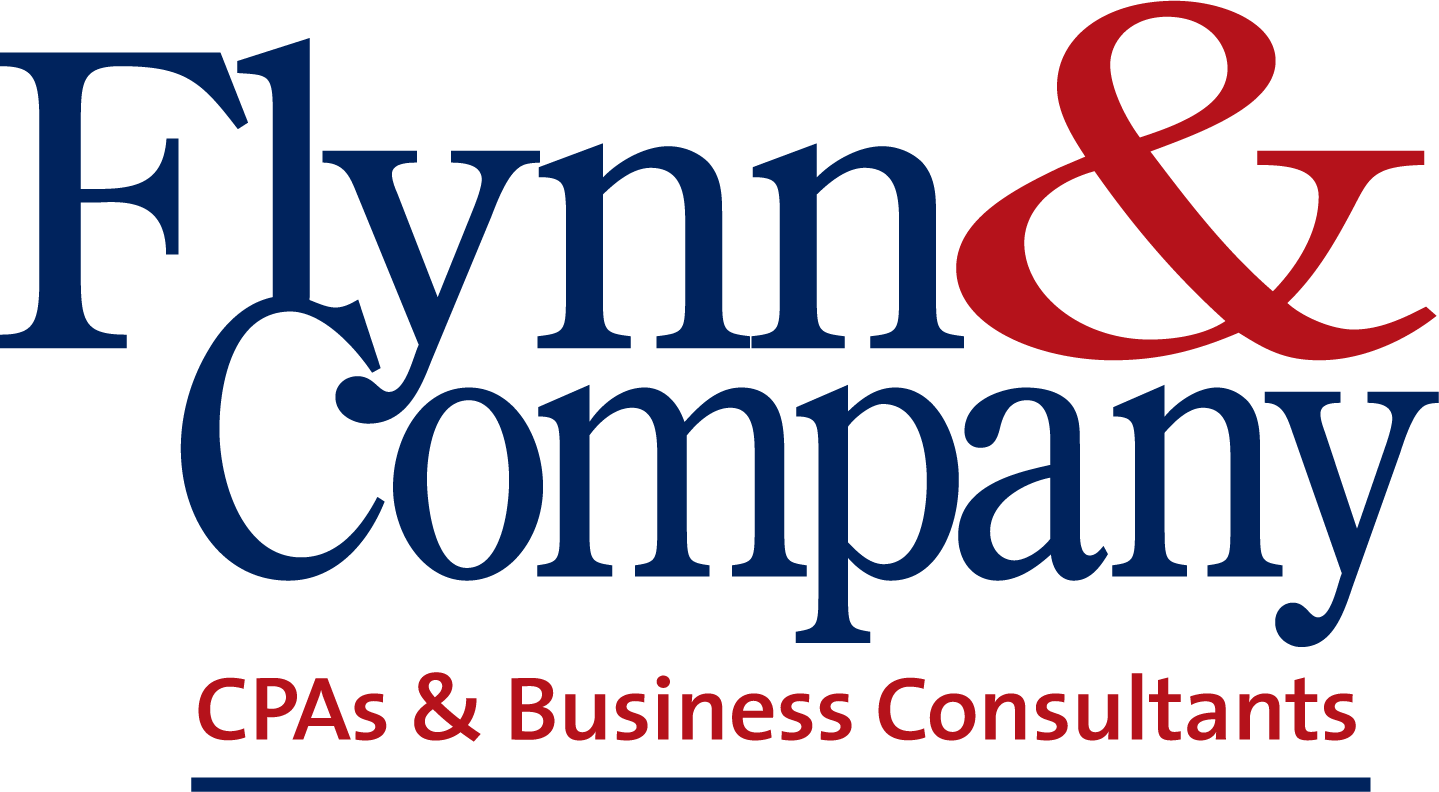401k Audit Requirements - 80/120 Rule

When you run an employee retirement plan, you must ensure that it meets very specific criteria. This protects your employee's investments into the plan. It also ensures that plans throughout the country follow standardized rules. To ensure plan administrators are following the rules, you may need to undergo a 401k audit.
If so, you will need to work with a third-party accounting audit firm that knows how to audit employee benefit plans. They will make sure that your plan meets the requirements established by the Department of Labor (DOL) and the Internal Revenue Service (IRS). To help you get started, this guide provides an overview of the essentials.
When Is A 401(k) Audit Required?
The IRS requires you to have your 401(k) audited if you have over 100 employee-participants. When you fall into this threshold, you are considered to be a large employer, and you must file IRS Form 5500 (Annual Return/Report of Employee Benefit Plan).
You must complete the audit within seven months of the end of the year, but you can request an extension of 2.5 months if necessary. Once audited, you will need to have an audit every year going forward until your number of employees falls below 100. However, there are slight exceptions to this rule for plans with between 80 and 120, as outlined below.
The audit will ensure that the details on Form 5500 are correct. It will also ensure that your plan meets the rules of the Employee Retirement Income Security Act of 1974 (ERISA). Finally, the auditor will look at plan guidelines and governing documents to ensure that everything aligns correctly.
What is the 80/120 Rule?

As indicated above, you should file Form 5500 and schedule an audit if you have over 100 employees. If you have fewer than 100 employees participating in your plan, you can file Form 5500-SF which stands for short form.
However, you don't necessarily have to switch forms if you have slightly more or less than 100 participants in a given year. Instead, if you have between 80 and 120 participants, you can opt to file the same form as the previous year.
For example, say that you have 75 employees so you file Form 5500-SF. The following year, you grow to 110 employees so you decide to file Form 5500 and you schedule an 401k audit. The next year, you lose some employees and you only have 90 plan participants. At this point, you don't have to return to using the short form. Instead, you can opt to continue using the standard 5500 form and going through the audit.
However, in the above scenario, you may have opted to file the short form then year that you grew to 110 participants. Then, you could have used that form the year you had 90 participants as well. The 80/120 rule provides plan administrators with flexibility in their reporting requirements. It allows you to file the same forms even if your number of plan participants fluctuates slightly.
Small vs Large Retirement Benefit Plans
Based on 401k audit requirements, a large retirement plan is one with over 100 participants. It must file Form 5500 and undergo an annual audit every year. A plan with fewer than 100 participants is considered a small plan based on the IRS's 401k audit requirements.
However, plans with between 80 and 120 participants can opt to stick with their classification from the previous year. By extension, a plan with just 80 participants can be treated as a large plan if it was considered to be a large plan the previous year and the administrators want to continue with that designation. Similarly, a plan with up to 120 participants may be considered a small plan if it was classified as a small plan the previous year and its administrators want to continue with that classification.
However, this is not the only way to distinguish between a small and a large employer plan. The retirement-fund research company Morningstar classifies small plans as any plans with fewer than $25 million in investments, and large plans as any retirement plans with investments over this value.
This research company recently discovered that small plans have very high management costs, and due to investment fees and plan costs, participants in these plans end up with nearly 10% less in their retirement accounts than people who participate in large plans.
If you fall into this category, you may want to go beyond a 401k audit. Instead, you may want to have an independent accountant come in, look at the numbers, and help you explore other options. While a 401k has long been the traditional option, it's not the only choice. There are a variety of retirement plans for small businesses including SIMPLE IRAs, SEP-IRAs, Solo 401k's, Roth 401k's, and others that may make sense for your employees and your bottom line.
Tips To Prepare for Your 401k Audit
If your plan must be audited, here are some tips to help you prepare. First, review the 401k audit requirements to ensure that you know what you need to do to meet them. Then gather details about the following for your auditor:
- Gather documents such as your executed plan document, executed adoption agreement, IRS determination letters, plan amendments, bond insurance policy, administrative committee meeting minutes, board minutes, and copies of previously filed 5500 forms.
- Make sure you have proof of your fiduciary policies and documents showing that your fiduciaries follow their duties and work in the interest of plan participants.
- Track your administrative costs and the impact they have on plan participants.
- Get details about how your plan operates so that the auditor can ensure that your eligibility provisions, payroll procedures, deposit schedules, and other operational workflows are compliant with federal 401k requirements.

You don't have to go through this process on your own. At Flynn & Company, our dedicated auditors can help you ensure that you meet all the necessary requirements for your 401k plan. We can also help you crunch the numbers and decide when it's time to switch plans. In addition, we offer other year-end tax planning for business owners.





